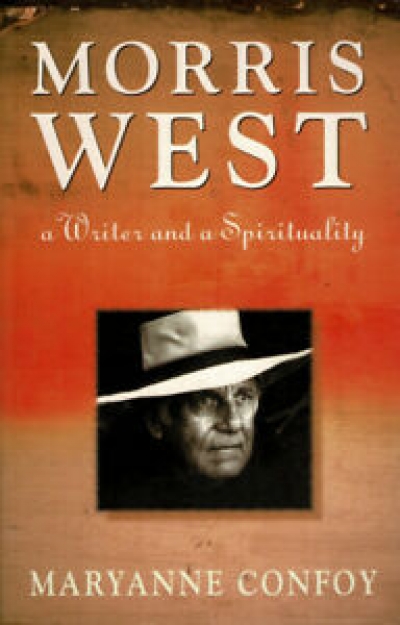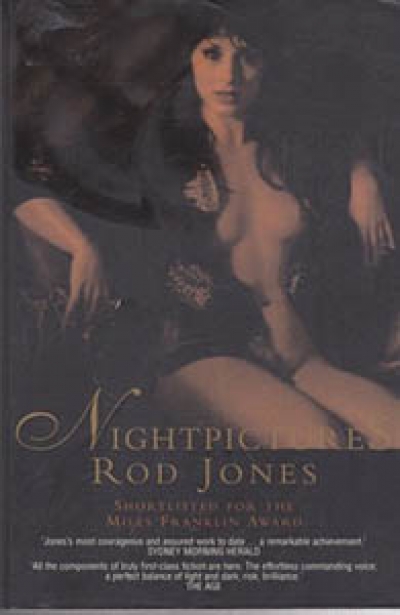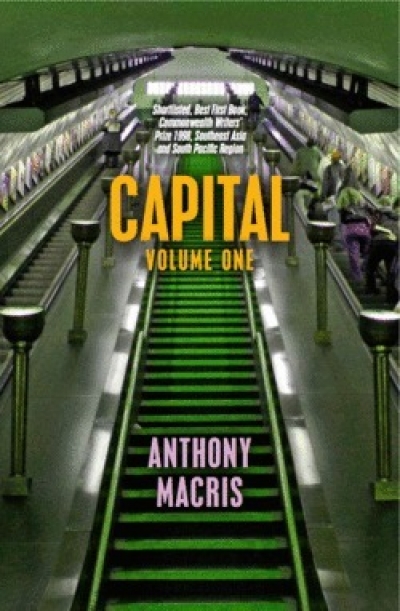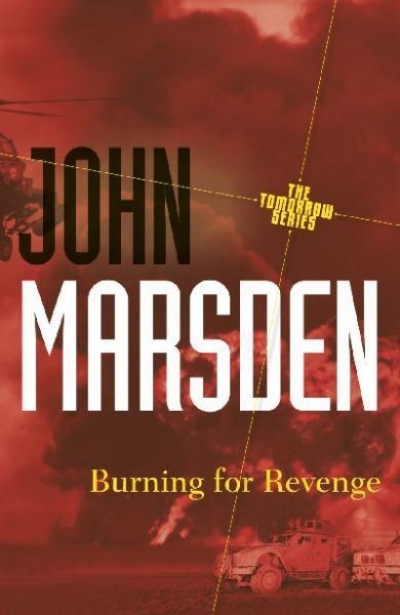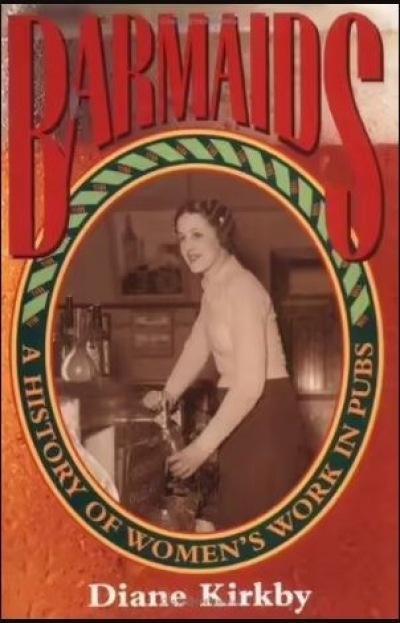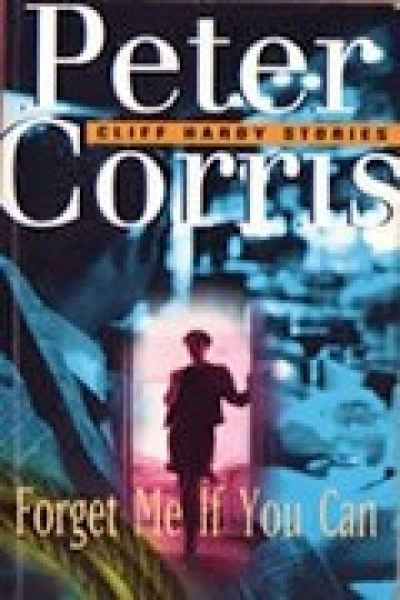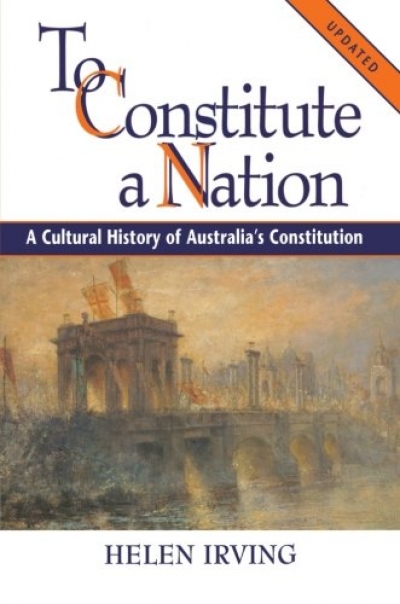Archive
Morris West: A writer and a spirituality by Maryanne Confoy
Barmaids: A history of women's work in pubs by Diane Kirkby
Forget Me If You Can by Peter Corris & The Dark Edge by Richard Harland
To Constitute a Nation: A cultural history of Australia’s constitution by Helen Irving
John Docker
Mark Davis’ Voltairean Gangland is one of those rare books that prise open a space for revaluation of the direction of a culture. Like The Dunciad’s evocation of the Grub Street hacks of its time, Gangland exposes tentacular networks of chummy patronage, mutual puffery, and cultural power. Gangland is especially enjoyable on the clown-like behaviour of the ex-Scripsi diaspora – in a curious sexual division of labour, a B-team of male critics, captained by the felicitously named P. Craven, has successfully promoted a coterie of writers like Jolley, Garner, and Modjeska. Compared to those I analyse in Australian Cultural Elites (1974) and In A Critical Condition (1984), this new élite is the most intellectually thin in Australian cultural history. Assisted by a passive, grovelling middle-class readership, it both creates such writers as canonical and then tries desperately to shield their texts from critique and challenge.
... (read more)If we look back into past times, we find innumerable names of authors once in high reputation, read perhaps by the beautiful, quoted by the witty, and commented upon by the grave; but of whom we now know only that they once existed.
Samuel Johnson
Sometimes the situation in Australia, with respect to writers, resembles that in early eighteenth-century England.
... (read more)
